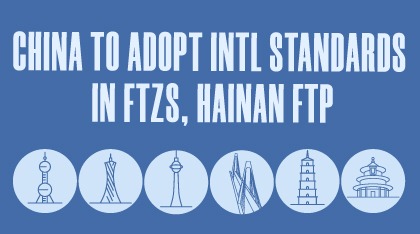
The top China executive of US pharmaceutical company Eli Lilly and Co said on Wednesday that the company aims to make its innovative weight loss therapy available to patients in China very soon.
"At Lilly, we're committed to supporting individuals affected by obesity, which is a chronic disease that requires effective treatment options and long-term management," said Huzur Devletsah, president and general manager of Lilly China.
Her comment came after Lilly announced the top-line results from the SURMOUNT-5 clinical trial that day, showing that its Zepbound (tirzepatide) provided a 47 percent greater relative weight loss compared to Wegovy (semaglutide) by Danish pharmaceutical company Novo Nordisk.
Wegovy was marketed earlier than Zepbound, and is currently the world's best-selling GLP-1 weight loss medicine.
Lilly said the trial results showed that on average, Zepbound led to a weight loss of 20.2 percent compared to 13.7 percent with Wegovy. A key competitiveness of Zepbound lies in that it is the only US FDA-approved product that activates both GLP-1 and GIP - two receptors playing key roles in regulating blood sugar and energy balance in the human body.
GLP-1 therapies, originally used to treat type 2 diabetes, have gained popularity throughout the world due to their weight loss effect in recent years. Novo Nordisk and Lilly are currently the main global leaders.
The companies' financial reports showed that in the first three quarters of this year, Wegovy's revenue was about $5.53 billion, a year-on-year increase of 77 percent, and Zepbound's revenue was nearly $3.02 billion after the figure exceeded $1 billion for the first time in the second quarter.
British bank Barclays predicted that the global weight loss therapy market will grow to $150 billion by 2030. And according to the forecast of US consultancy Frost & Sullivan, the market size of GLP-1 medicines in China will exceed 50 billion yuan in 2030.
Domestic medical experts said that such positive trial results may affect doctors' drug recommendations in clinical use, but which therapies to prescribe may be affected by multiple factors, including indications, prices, reimbursement policies, and patient preferences.
In October, Lilly announced a roughly $200 million expansion of its manufacturing site in Suzhou, Jiangsu province, aiming to increase production of such innovative medicines.
During a previous interview with media outlet ThePaper.cn, Zhou Xiaping, global senior vice-president of Novo Nordisk and president of Novo Nordisk China, said that with full confidence in its products, the company welcomes healthy competition in the field of GLP-1 medicines to jointly help more obese patients.






